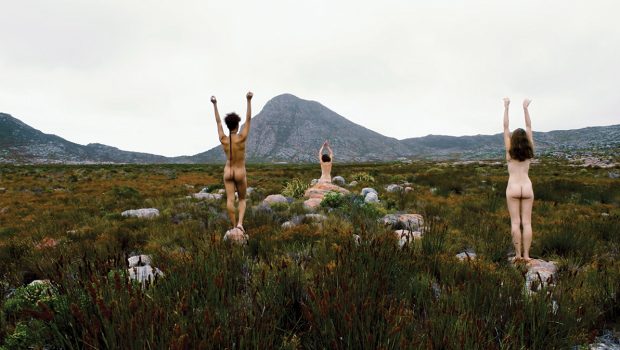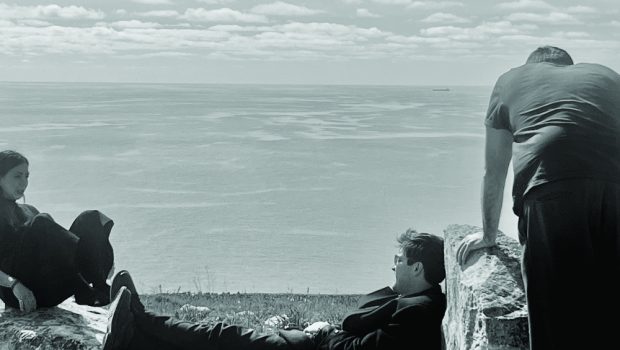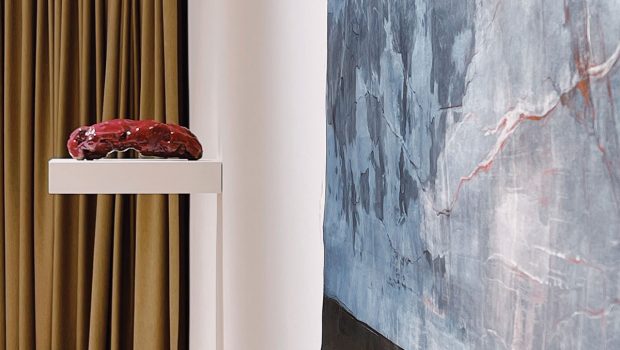Books
Nikki Petroni is currently reading for a PhD in Art History focusing on Maltese Modern Art.
Madame Bovary
Gustave Flaubert
The story of the disillusioned Emma Bovary is one to which most people can relate. In times when faith is incommensurable with everyday life, and provinciality seeps into the trajectory of progress, refuting the human (infinite) for subjective (finite) benefit, what can justify one’s existence? Becoming a wife and fulfilling domestic duties? Raising a child?
For Emma, these latter options offered no gratification, no true happiness. Her character embodies a relentless dissatisfaction with life itself, an incurable sense of ennui mitigated by attraction and the possibility of ownership. Love for opulent, exotic objects and indulgence in charismatic men is what provides Madame Bovary with relief from the dull consistency of being a village doctor’s wife. A tragedy that makes one question how both freedom and domesticity are articulated in society, Flaubert’s magnum opus is the only book to ever instil in me a strong existential bond with a character who is generally unlikable. Her experience, however, is far from singular or peculiar. We (fortunately) do not live in the 19th century, in a French province detached from urban culture and way of living. Yet Emma Bovary is a reminder of the choices with which many women are confronted and the melancholy that these restrictions bring. She is a heroin of the modern age.
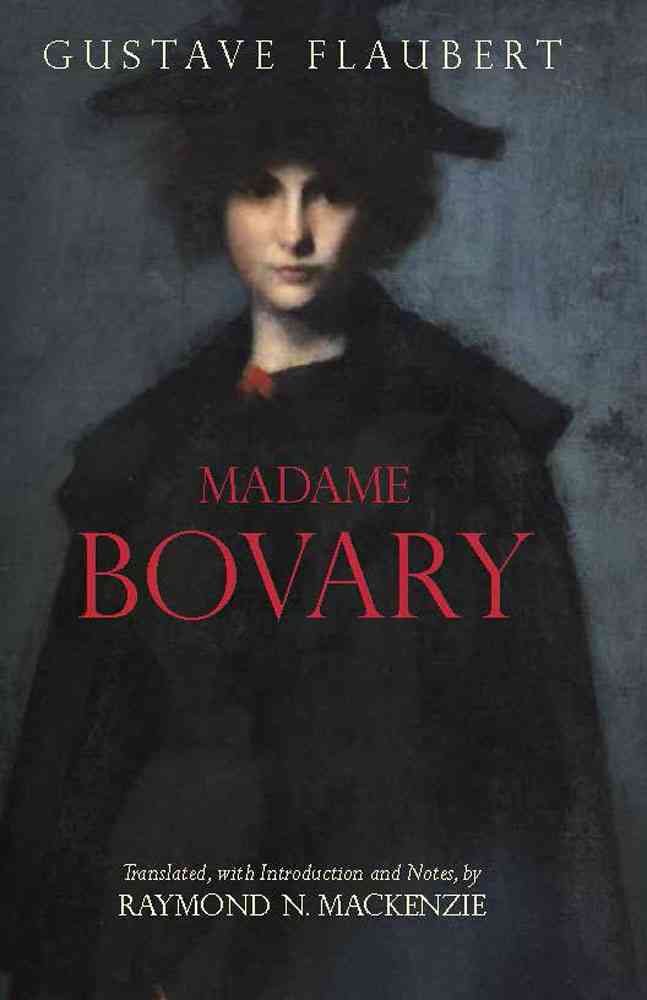
― Gustave Flaubert, Madame Bovary
The Master and Margarita
Mikhail Bulgakov
Cacophony, banquets, madness, devils, chaos, satire, magic – The Master and Margarita weaves comedy and tragedy throughout to convey the absurdity of living under the Stalinist bureaucratic regime. What was most captivating about this novel was the oscillation between the bizarre image of contemporary Moscow and the trials of Pontius Pilate, a narrative with a known ending of sufferance and ultimate otherworldly salvation. Satan at times appears as a forgiving and benevolent figure, leading one to sympathise with him and await his reappearance.
I do think this to be the purpose of the book; to show that evil is embedded in the spectacle of power that manipulates our thoughts, actions and feelings. It is those living on earth who exploit the malleability of human principles by determining what is acceptable and what is not, rather than some metaphysical being who resides in immaterial spaces.The Master and Margarita, amidst bouts of sudden laughter and sincere delight, taught me that bureaucracy is the devil with whom we share a happy coexistence: he convinces us of his altruism, entertains the public, and hosts magnificent balls, but is the murderer of all things sacred; spiritual or atheistic.
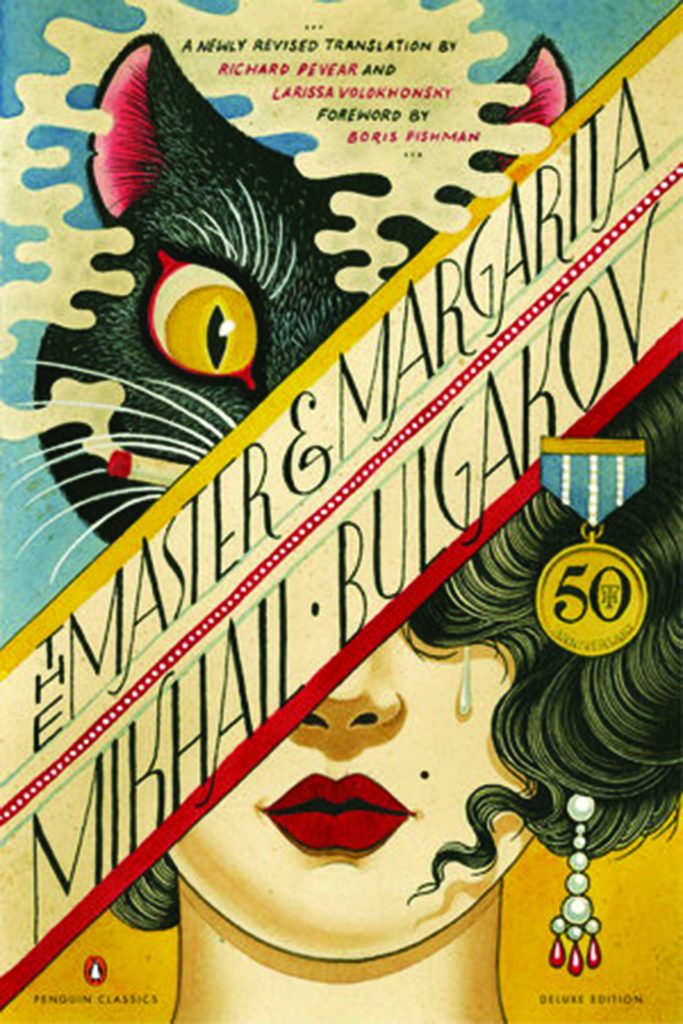
― Mikhail Bulgakov, The Master and Margarita
Orlando
Virginia Woolf
Woolf has long been a favourite author of mine. Her eloquent pen and depth of thought have given birth to literary marvels. Orlando bears a lighter tone than many of her other novels, but this does not diminish the significance of the story’s historical and philosophical engagement.
Time travel is an unequivocally exciting prospect, one that Woolf imbues with the additional dimension of gender-transformation. Travelling forward through key moments in British history, Orlando’s experiences offer a perspective on the past through both male and female eyes. Her/his youth persists along a span of circa 350 years, defying the mortality of time by articulating history as an accumulation of interconnected happenings.
The book was adapted for film in 1992, directed by Sally Potter and starring the androgynous-looking Tilda Swinton as the protagonist. Potter’s rendition adds another layer of time to Woolf’s novel; the hue of a post-modern reading of gender difference.
A timeless story that can be unceasingly retold and adapted, Orlando is essentially a compelling debate on eternal questions such as love, success and the permissions granted by society for a desired life to be attained.
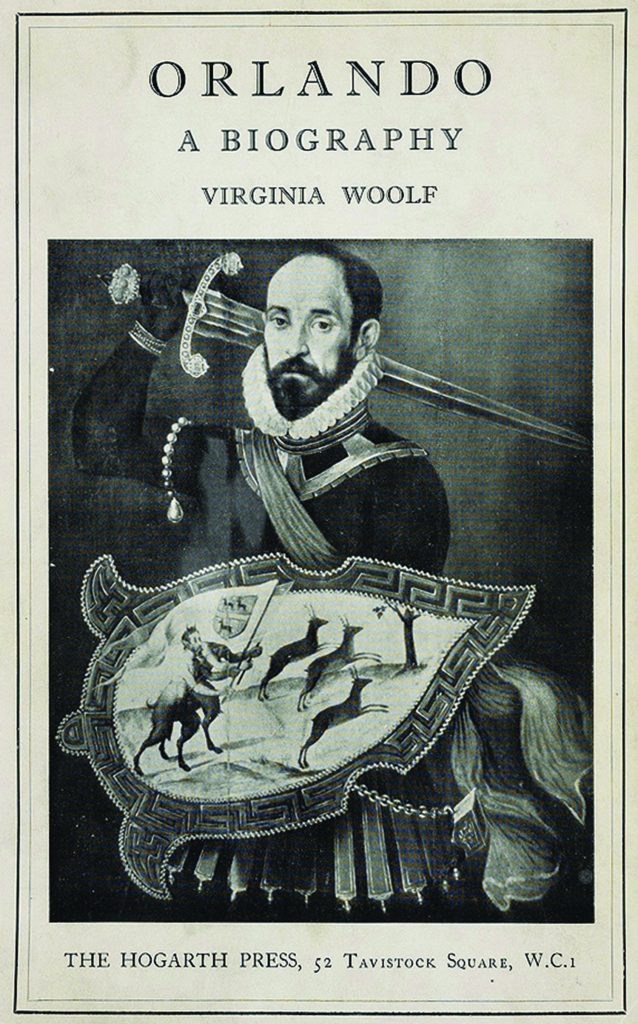
― Virginia Woolf, Orlando

